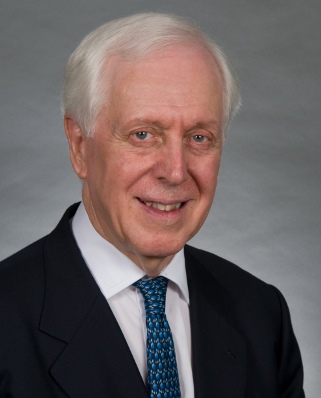On November 19, the organizing committee members of International Conference for the Integration of Science, Technology, and Society KAIST (ICISTS-KAIST) invited United Nations Security Council (UN SC) Coordinator Terence Taylor to speak at the ICISTS-KAIST Plus Public Session at the International Center (W2-1) from 4:00 p.m. to 5:30 p.m.

ICISTS-KAIST is a student club consisting of KAIST undergraduates who organize an annual conference with more than 400 participants from all over the world to share their expertise and opinions on the integration and the appropriate sustainable development of science, technology, and society. Apart from the annual conferences, its members have also been holding public sessions, two of which were covered in The KAIST Herald’s past issues: past presidential candidate Professor Chul-soo Ahn in the October 2012 issue and the American Association for the Advancement of Science’s Global Director Bill Moran in the November 2012 issue.
This public session was titled “The Terrorist and the Scientist” and highlighted the thin boundary between putting scientific and technological knowledge for welfare and for warfare. The session was designed to promote the right mindset and perspective of a scientist in light of the mass-production of bio-chemical weapons.
The invited speaker Terence Taylor has worked as an advisory committee member to the United Nations and is the founding president of the International Council of the Life Sciences. He currently holds office as the coordinator of the Group of Experts of the UN SC Resolution 1540, which monitors the legally binding obligation of United Nation members to enforce measures against proliferation of nuclear, biological, and chemical weapons. Having served in the British Army in various parts of the world and with the experience in peacekeeping and counter-terrorism at the UN, he provided valuable insight to the 38 participants with regards to trying to use science for good. He also stressed that with the progress in science, dangerous technologies are nowadays becoming more and more accessible to the individual person, which must therefore be carefully evaluated and regulated.
Wan Ju Kang
soarhigh@kaist.ac.kr

